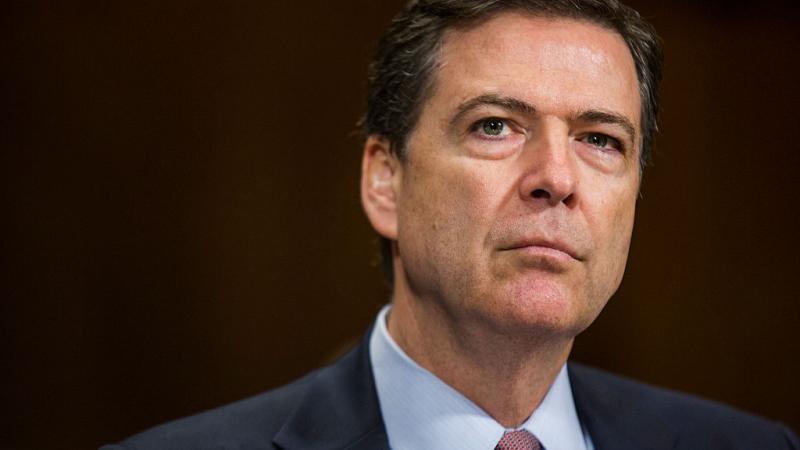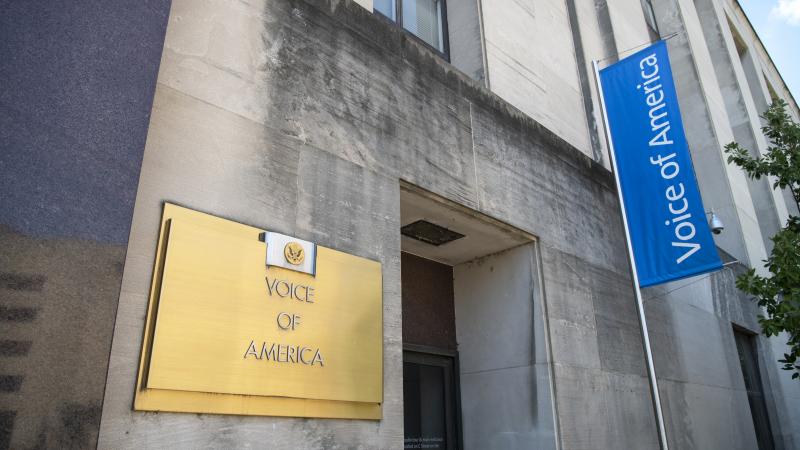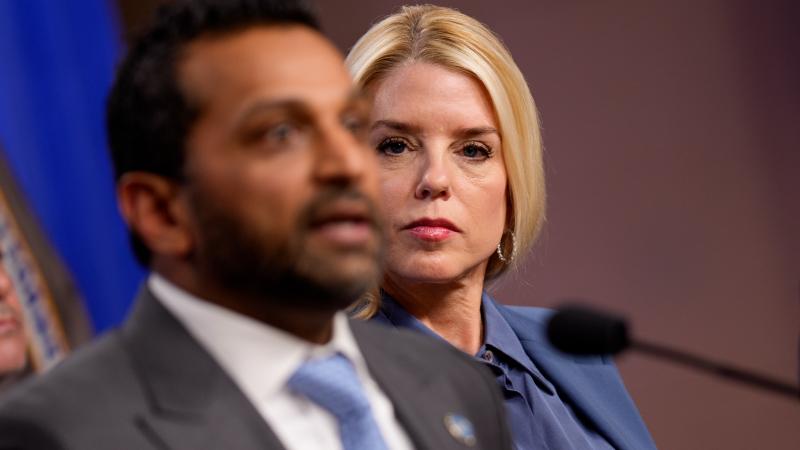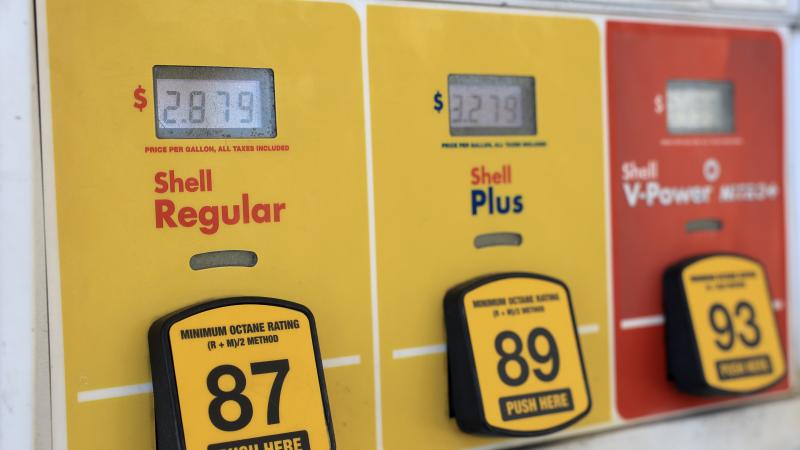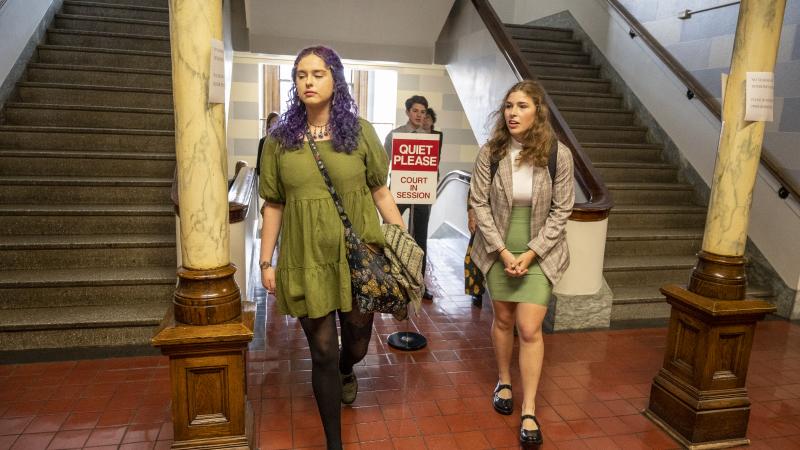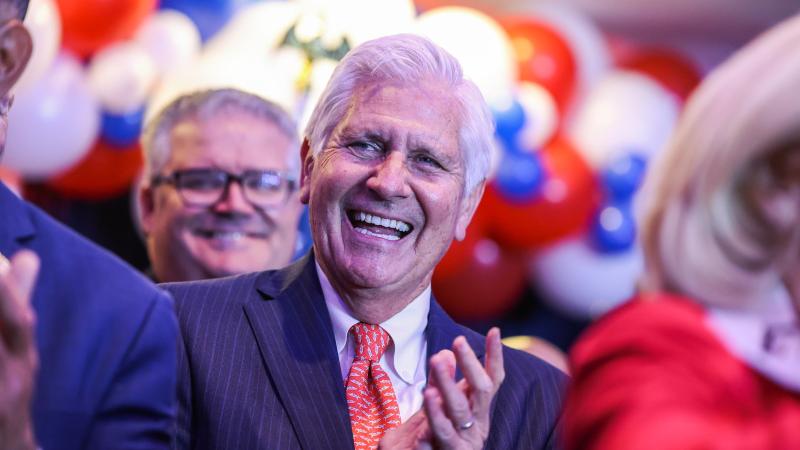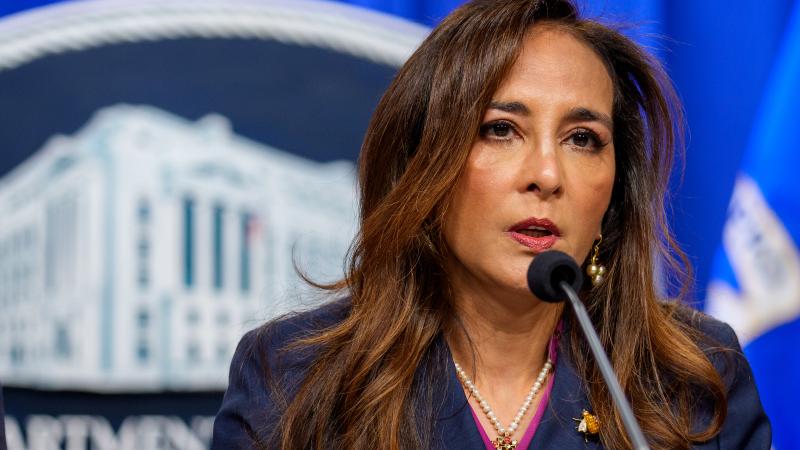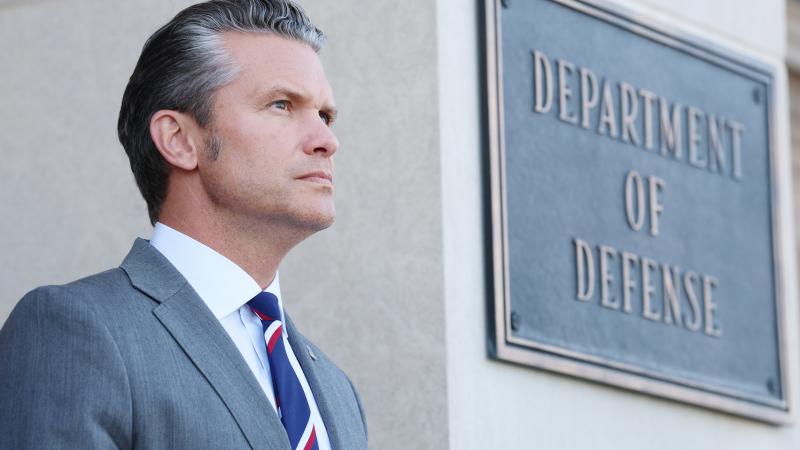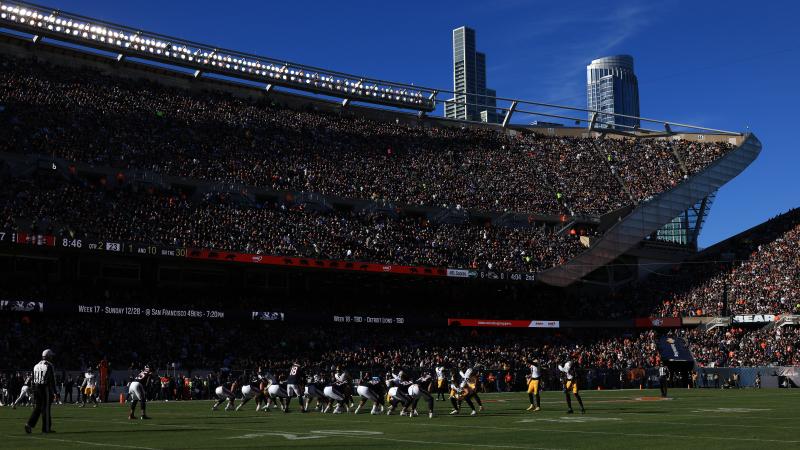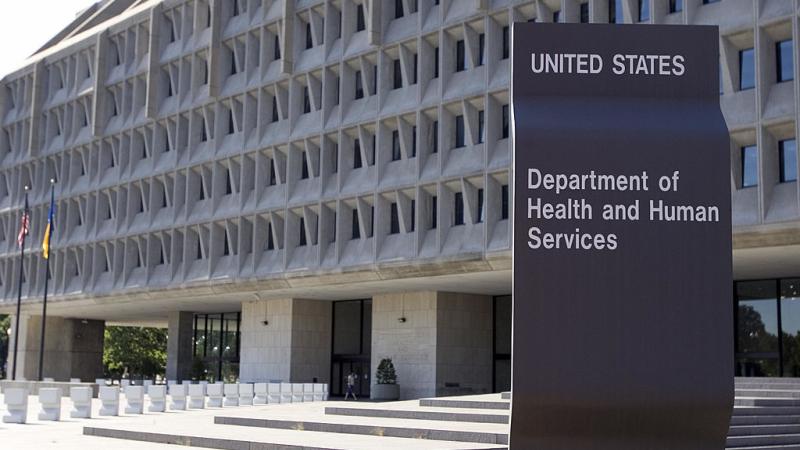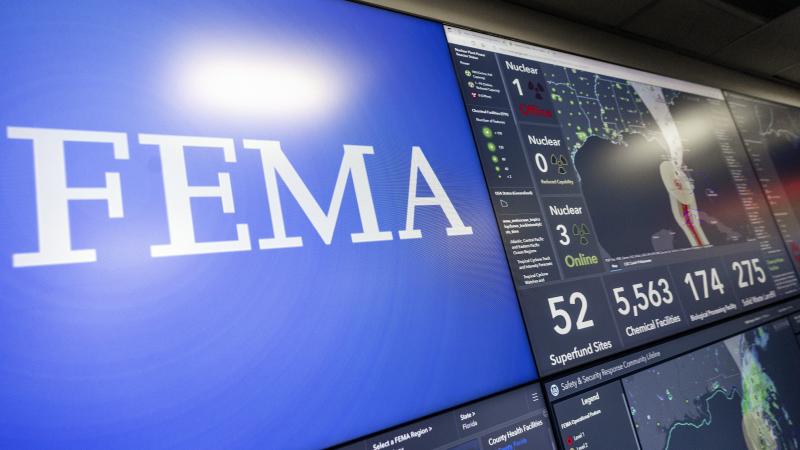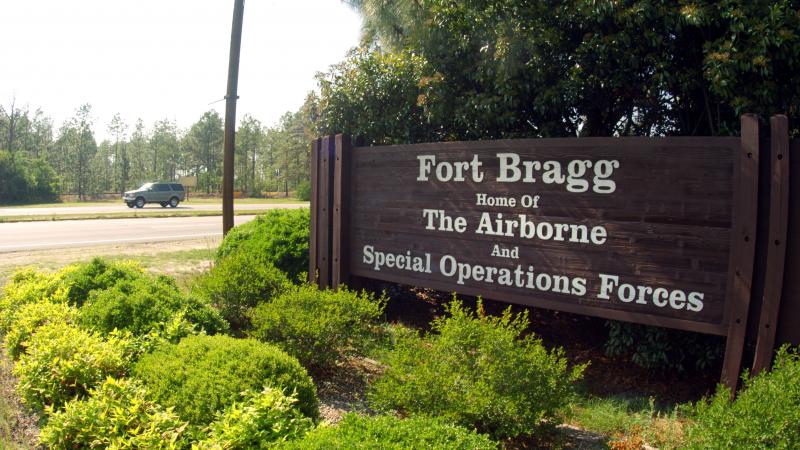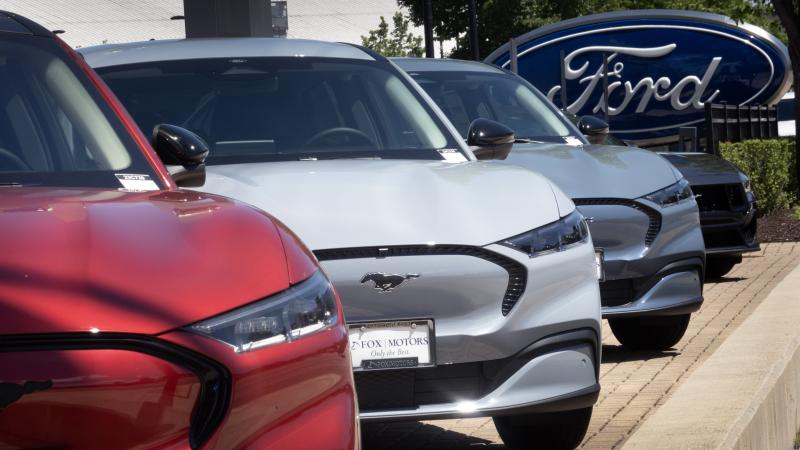South Carolina Supreme Court allows state to share voter data with Justice Department
"Clean voter rolls for the win!" Assistant Attorney General Harmeet Dhillon said
The South Carolina Supreme Court is allowing the state to share voter data with the Justice Department after a lower court prevented it from doing so.
Assistant Attorney General Harmeet Dhillon posted on X on Thursday, "BIG WIN—SC Supreme Court reverses judge's ruling denying @TheJusticeDept’s @CivilRights access to voter rolls. Clean voter rolls for the win!"
DOJ had requested South Carolina and other states to give it information on all registered voters, WRDW reported. The information includes voters' names, addresses, dates of birth, driver’s license numbers, and the last four digits of Social Security numbers.
A Calhoun County voter sued, and a lower court blocked the state from handing over the information, causing the governor to get involved.
“I think that’s what my client and the other voters I’ve heard from in South Carolina want, is they wanna make sure that they’re — they want to guard against identity theft and all these other things you hear about,“ plaintiff’s attorney Brad Hutto said. ”They just don’t want all the information just out there on the internet.”
The state election commission has yet to hand over the information, amid going back and forth over deadlines and what can be legally disclosed.
GOP Gov. Henry McMaster asked the state Supreme Court to overturn the lower court’s order and toss the plaintiff’s request to subpoena him.
The state election commission previously said it was working to get the DOJ the information while ensuring voters’ privacy.
McMaster's spokesman previously said the federal government is already able to access all the information the DOJ is requesting.
Hutto, a state senator, said that he's troubled by the potential collection of the information in some sort of database.
“If tomorrow the DOJ wrote SLED and said, ‘Give us a list of every concealed weapons permit holder,’ there would be a hue and cry that the federal government doesn’t need to know who owns guns. I can’t imagine that a gun owner should have any more rights than a voter,” Hutto said.
